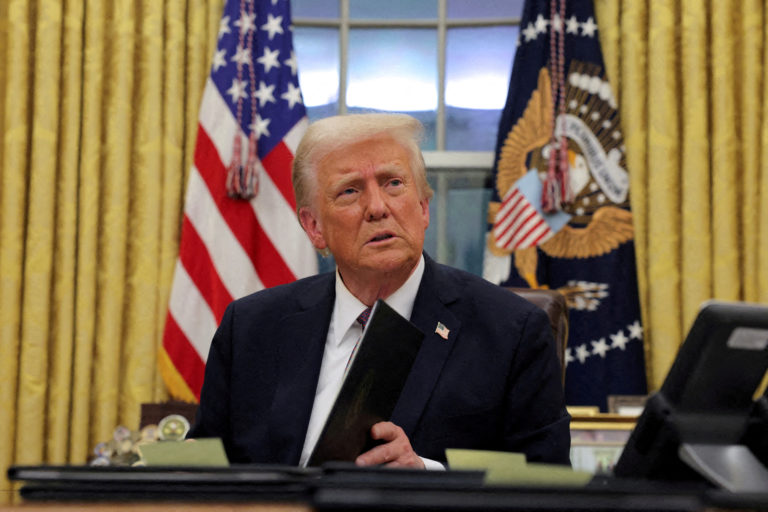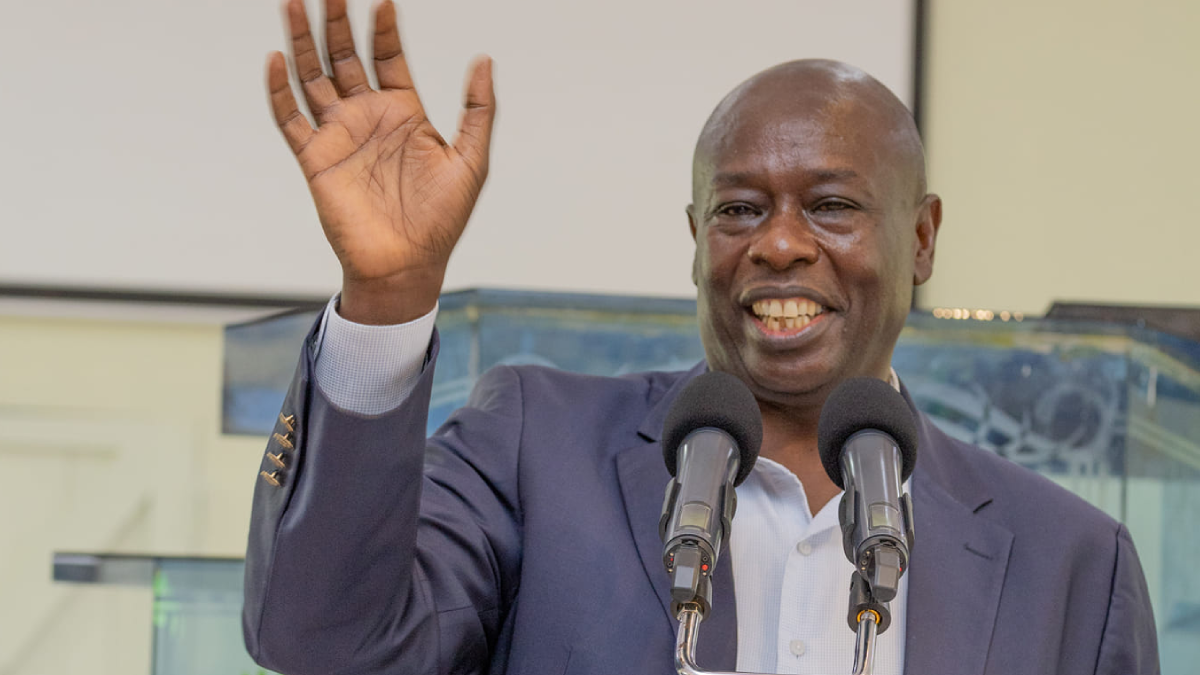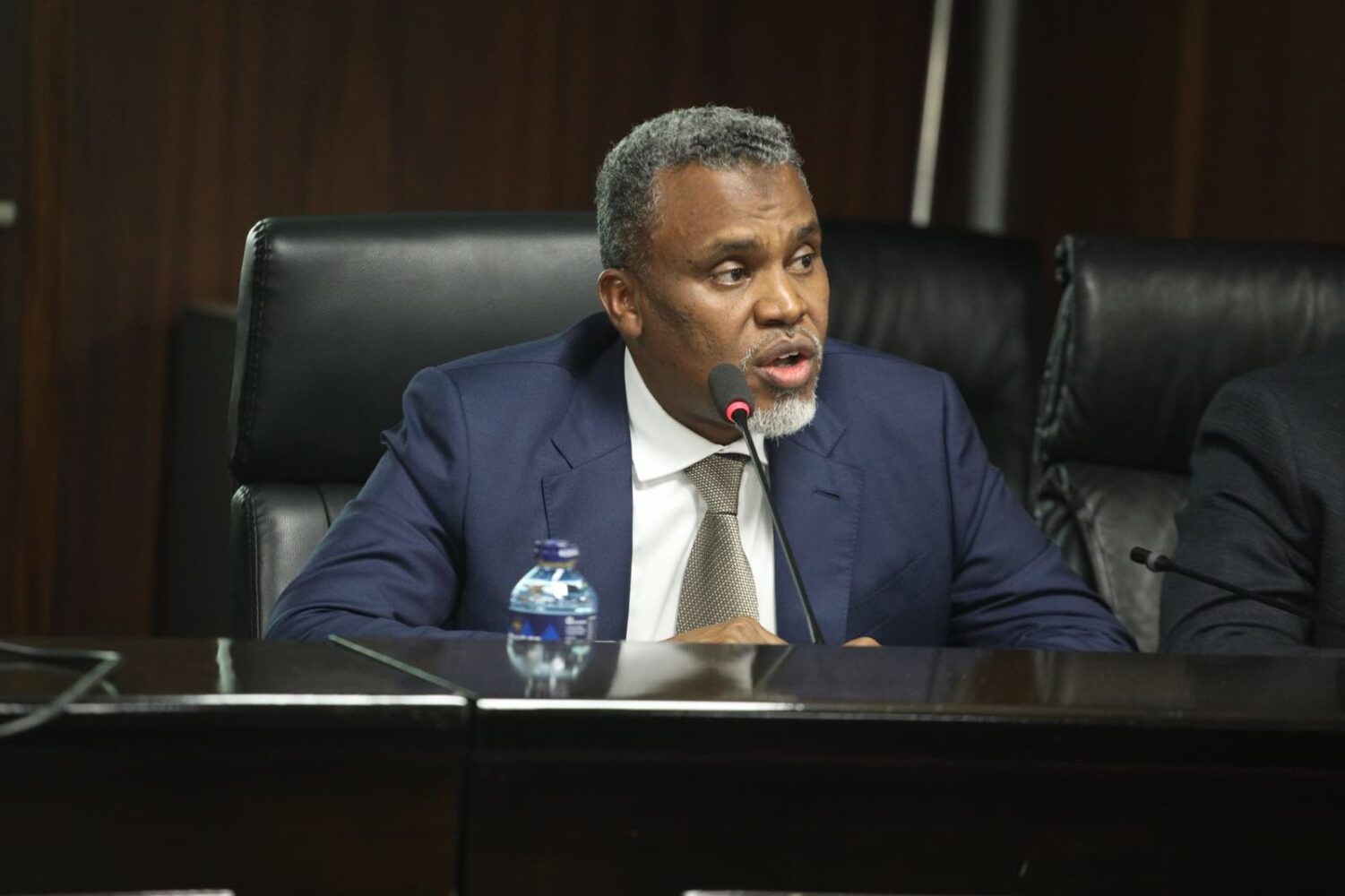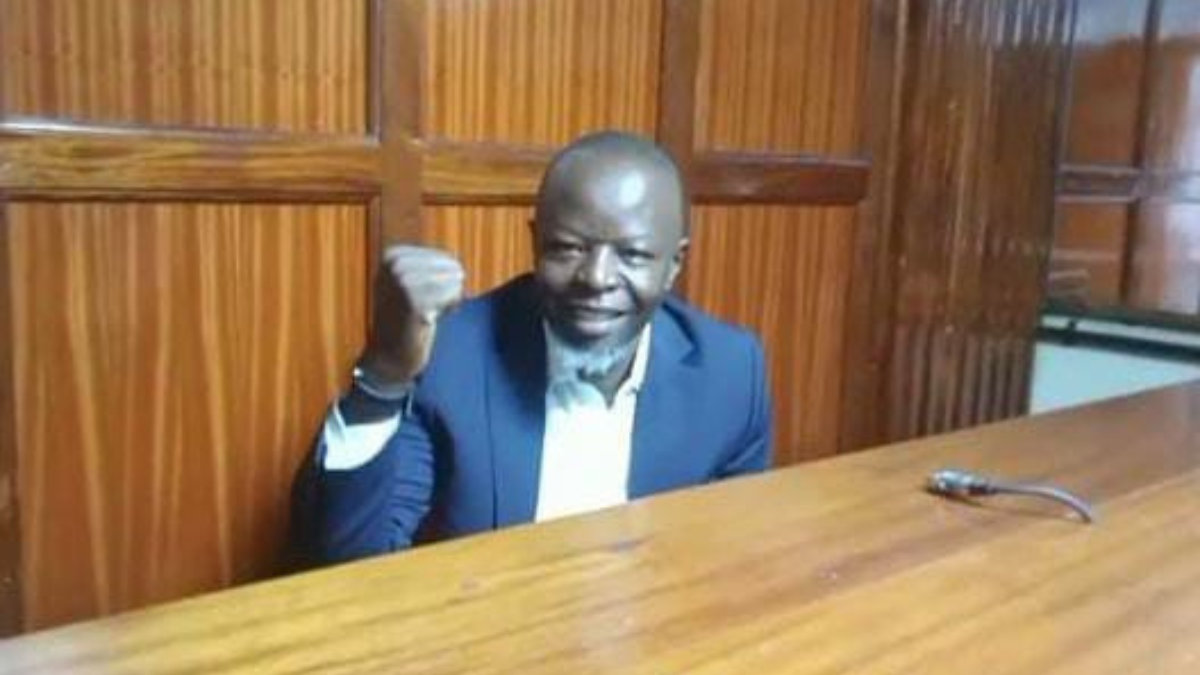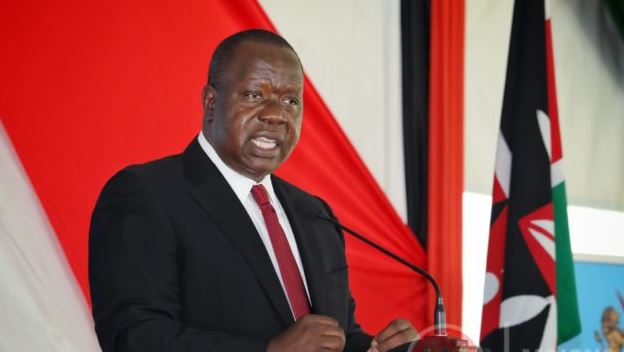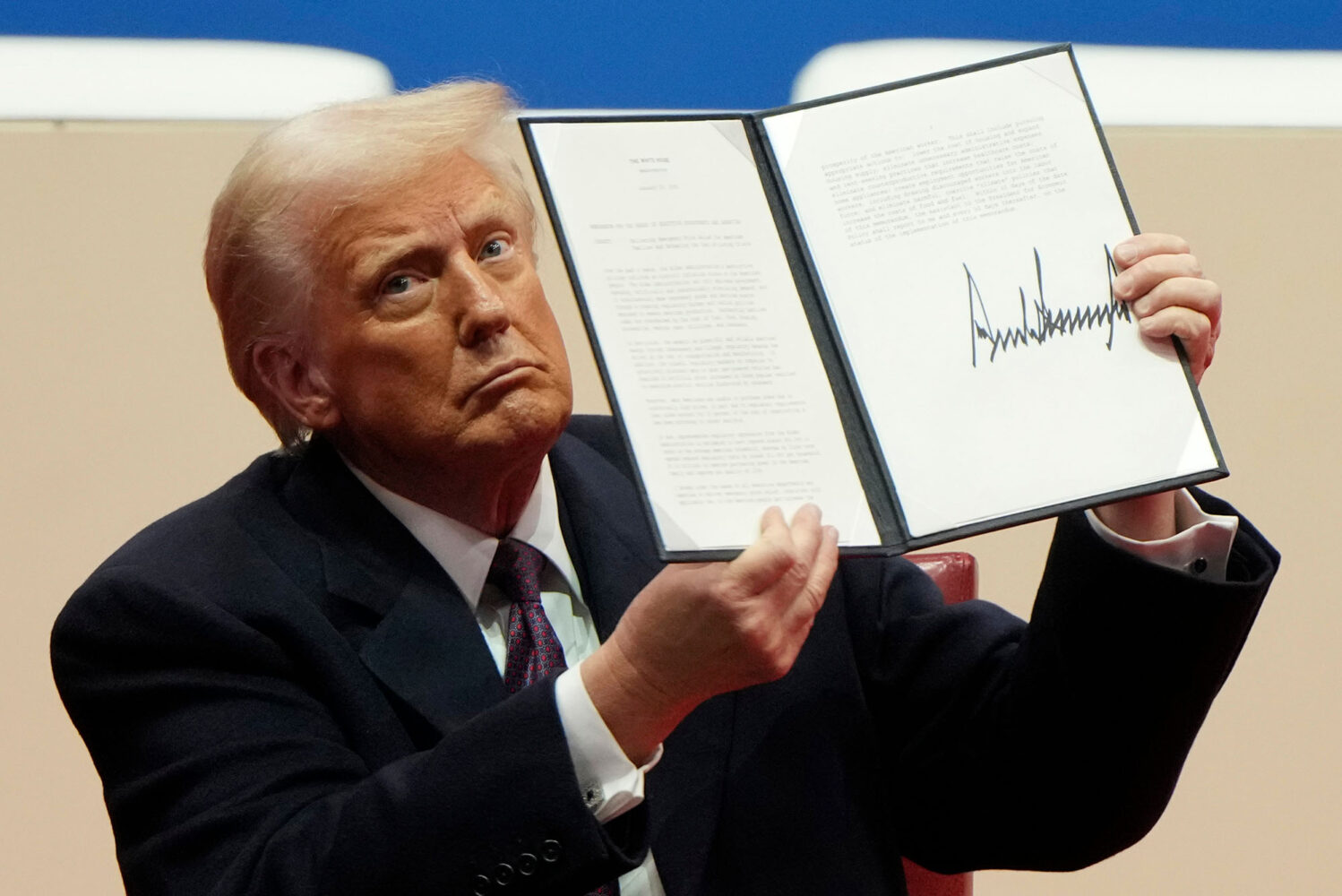Kenya’s health sector faces a looming crisis following the abrupt suspension of U.S. foreign aid, a move that has left thousands in uncertainty.
Health stakeholders are now pushing for domestic health financing to reduce dependency on donor funding and prevent such disruptions in the future.
Stop work-order
The shockwave hit after U.S. President Donald Trump, on his first day back in office,
Signed a stop-work order temporarily halting all foreign assistance programs for 90 days pending a policy review.
The directive has crippled several local government and NGO-run health programs, which relied heavily on U.S. support.
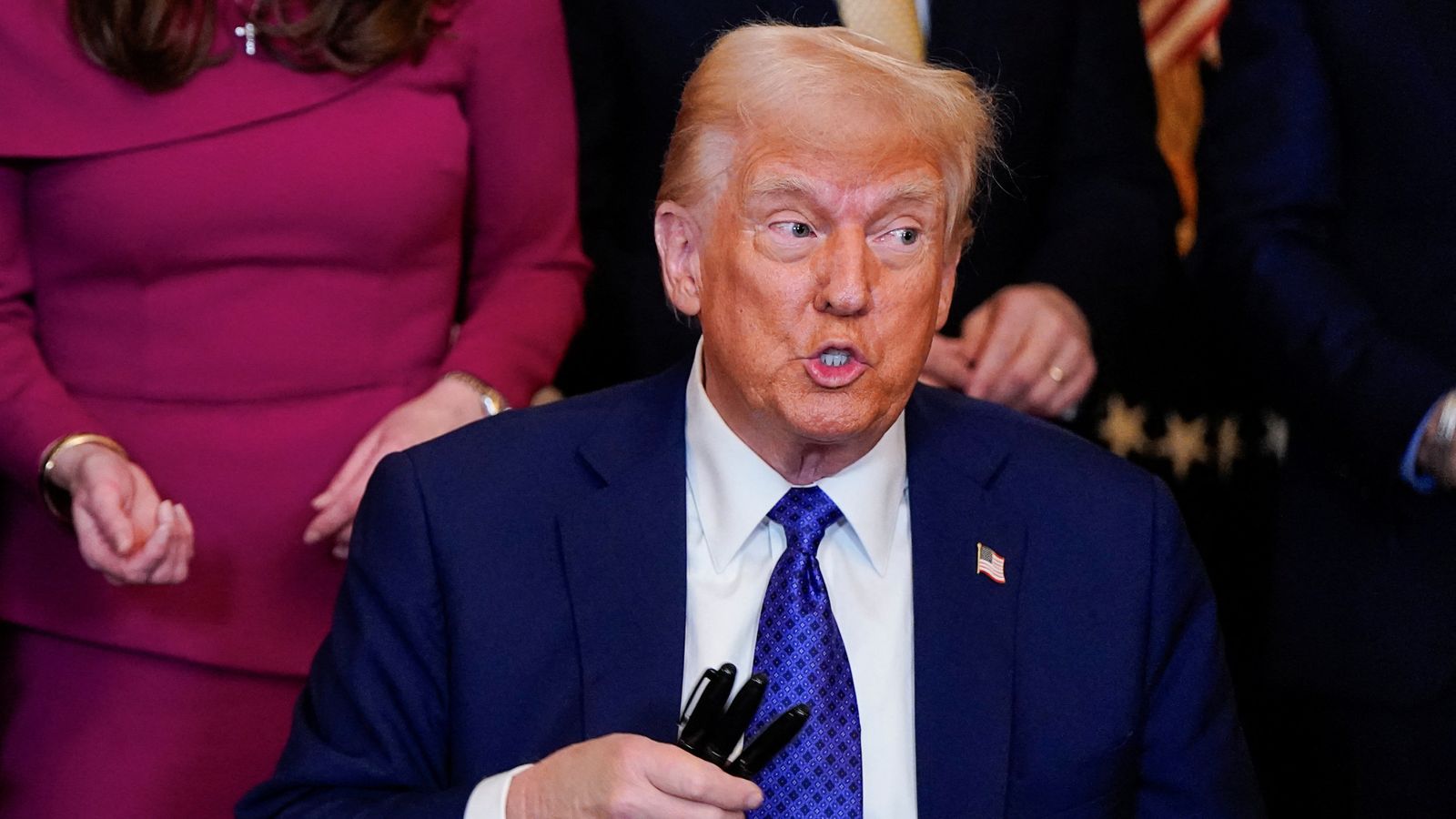
Kisii County has already suspended all U.S.-funded programs, sending over 500 workers home with only their January salaries.
County officials confirmed the HIV program funded by the U.S. has been halted, affecting critical services.
Homa Bay County followed suit, instructing staff under affected programs to hand over responsibilities to department heads.
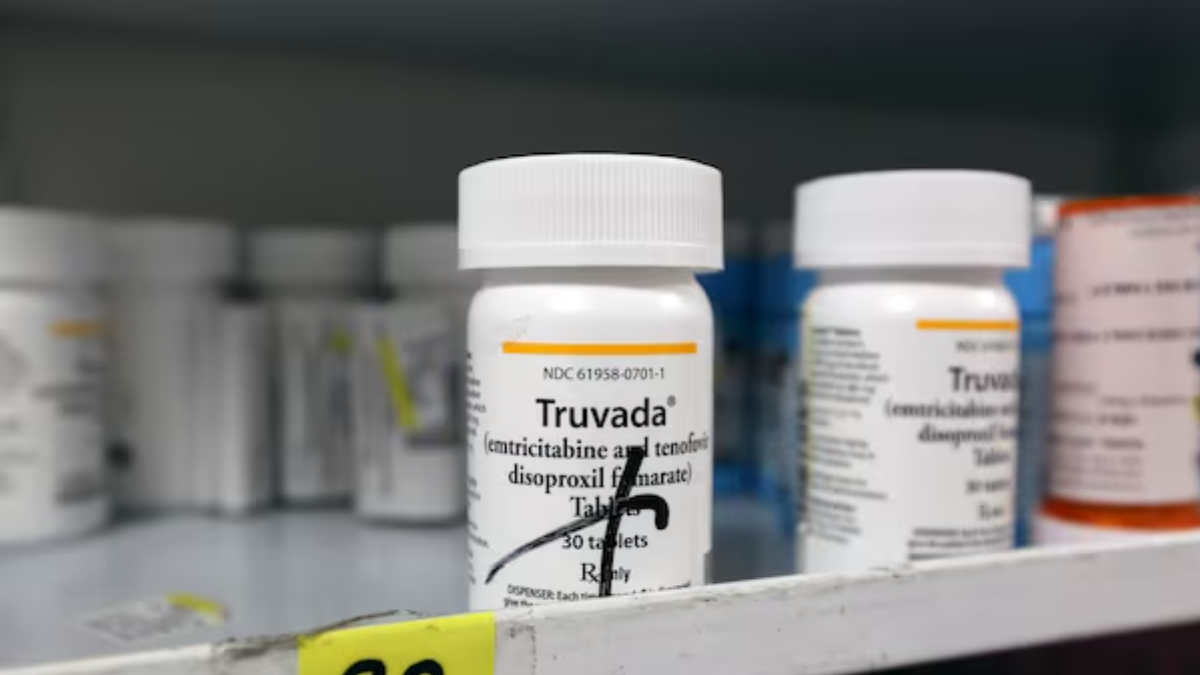
In Kisumu County, authorities have opted to integrate HIV care and treatment into general healthcare services, leading to the phasing out of standalone HIV comprehensive care centers.
Meanwhile, USAID’s Fahari ya Jamii project, which served Nairobi and Kajiado counties, has sent over 700 employees on compulsory unpaid leave starting February 1, 2025.
Kenyans left jobless
The impact is devastating.
The 4.2-billion-shilling Fahari ya Jamii project, in its fourth year, was supposed to run until May 2026.
Its abrupt halt has left 72,000 HIV patients without access to ARVs, following the closure of over 150 clinics in partnership with county governments.
The crisis extends beyond HIV programs. According to Faith Ndung’u, Advocacy Manager at the Health NGOs Network, affected initiatives include
Support for vulnerable children, youth empowerment, research, and local staff training.
She stresses the need for long-term transition planning rather than sudden funding cuts.
“When an abrupt decision like this is made, it impacts over one million HIV patients and countless children.
A humane approach would involve discussions and a gradual transition strategy,” she said.
Despite the dire situation, she sees an opportunity for change.
“This is a wake-up call for Kenya. We must invest in domestic health financing to secure our future.”
While the Trump administration has issued waivers for life-saving humanitarian aid, the crisis highlights the urgent need for Kenya to strengthen its healthcare funding and lessen reliance on foreign donors.


